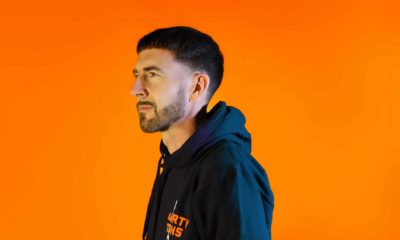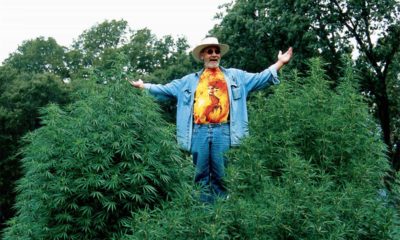Activism
Most Affected: Jonathan Wall Will Serve Nearly Two Years Before His First Day in Court For Cannabis
Jonathan Wall, a Maryland native, faces a minimum of 10 years in federal prison over conspiracy charges of distributing cannabis as a first-time offender.
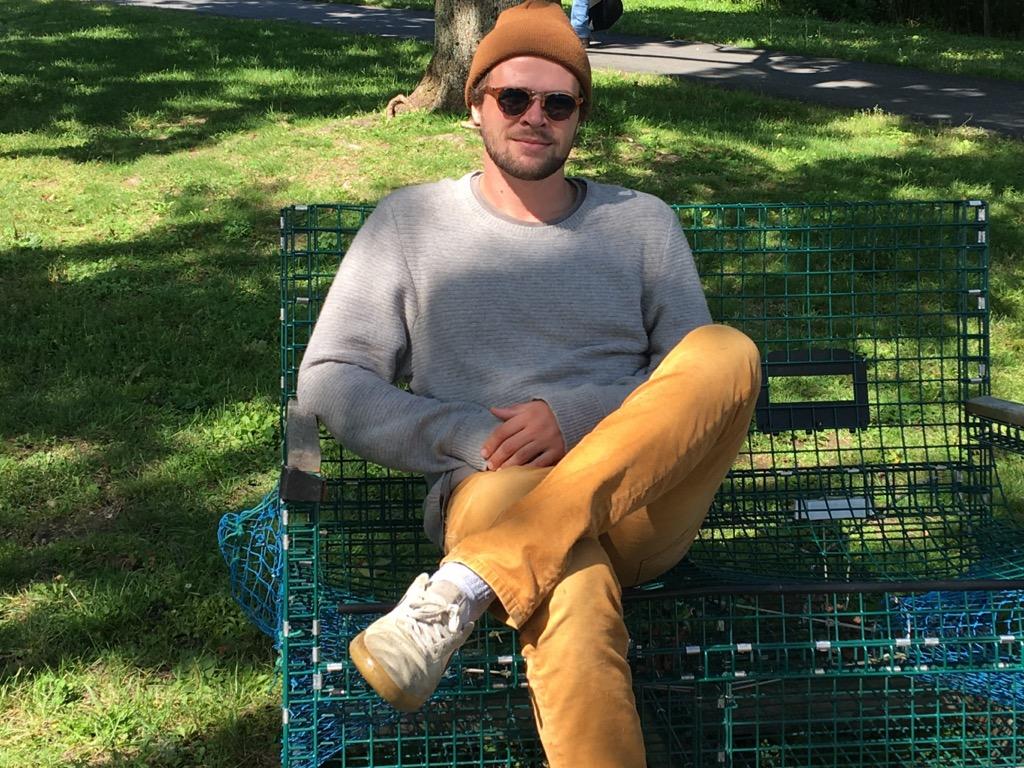
Jonathan Wall is a living reminder that the War on Drugs continues to snare new individuals in the system with its severe mandatory minimum sentences.
The 26-year-old Maryland native faces a mandatory minimum 10-year sentence over a federal distribution conspiracy charge, with the Feds alleging that Wall was part of an operation running cannabis from Humboldt County, where he lived at the time, to his native Maryland. If he goes to trial and loses, he could face up to life with his conspiracy charge of distributing over 1,000 kilograms of cannabis.
Wall, a first-time offender, is alleged to be the mastermind of the operation between Northern California, including Humboldt County, to his native Maryland. The Fed’s crackdown occurred in April 2019, with Wall in custody since July 2020. His first trial date is nearly a year away in May 2022.
While he waits, the aspiring mainstream cannabis operator attempts to maintain his composure while interned in Baltimore’s Chesapeake Detention Facility, a facility with a penchant for violence and corruption involving inmates and guards. The matters were only made worse by the COVID-19 pandemic.
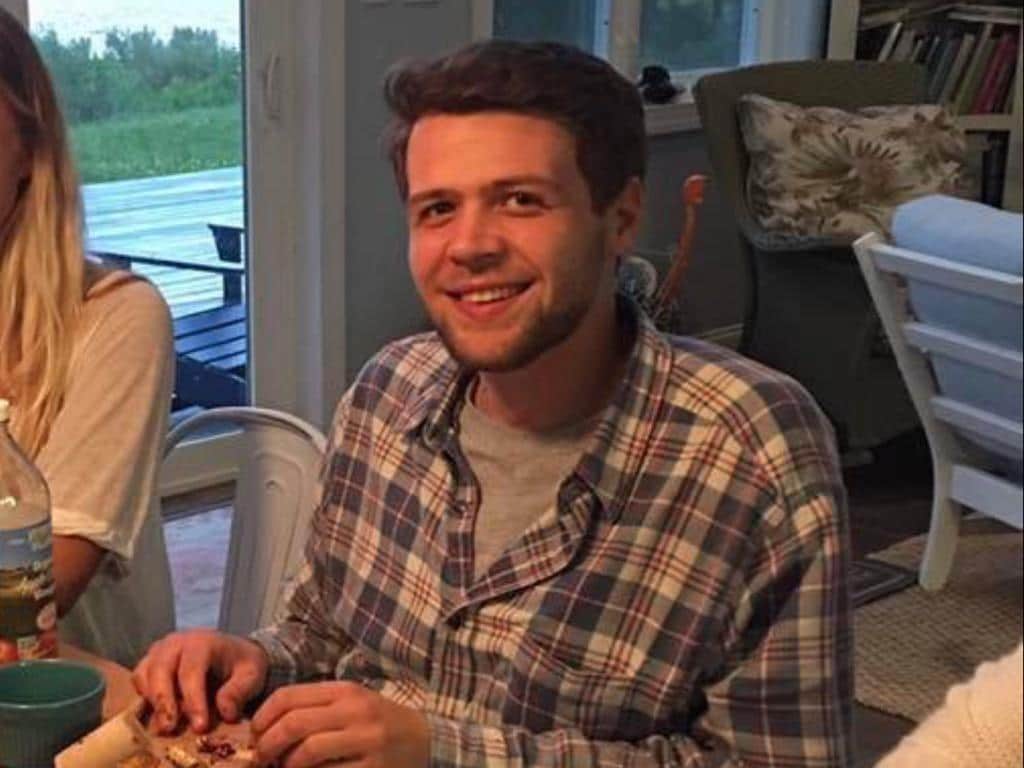
An Unconventional Route Leads To Early Cannabis Realizations for Jonathan Wall
Wall was born in Maryland and raised by his parents. He said they got along fine after adolescence, but had been contentious previously. Wall claimed to have had a bit of an issue with authority, stating that he “saw through the bullshit of society early on.” Happiness for Wall didn’t involve material goods like much of the world around him. Stating that he wanted to push his boundaries to find a sense of wholeness, he pursued an unconventional route.
That route included running away several times as a youth. He recalled the first time he smoked pot while on the run from home, joining a group of migrant crabbing industry workers in the back of their work van. He said everything changed from there. “Cannabis being introduced into my life allowed me to elevate my sense of consciousness and kind of see things in a different light.” Claiming to now see things differently, he said he “saw through the veil of the mundane, everyday reality, and witnessed the human experience as it truly is from a new and fresh perspective.”
Running away from home eventually led to Wall becoming homeless in his teens, turning to friends, and on occasions, public parks and restrooms. The lack of a stable home led to him dropping out of school, taking his GED instead to obtain his degree. Wall said the decision allowed him to pursue an alternate route in life.
He’d spend the next few years working in local restaurants, with cannabis supplementing his income. At 20, he saw an opportunity to enter the emerging California cannabis market in Humboldt County. At the time, California was operating as a medical-only marketplace, adhering to the Proposition 215 regulations and its subsequent reforms. Wall said he wanted to help provide cost-efficient cannabis to medical patients. Income would always be welcomed, but he stated several times throughout the interview with High Times that his prime intention was to give customers medical cannabis access.
Wall saw the lifestyle as a way to gain freedom from a society he felt disenfranchised with. He saw the 2008 economic collapse and subsequent lack of prosecution as a sign that society and the system was broken, with the working class left to serve to the rich. Through cannabis and Northern California, he shared that he “saw this as an opportunity to be entirely autonomous from a system that I saw as broken.”
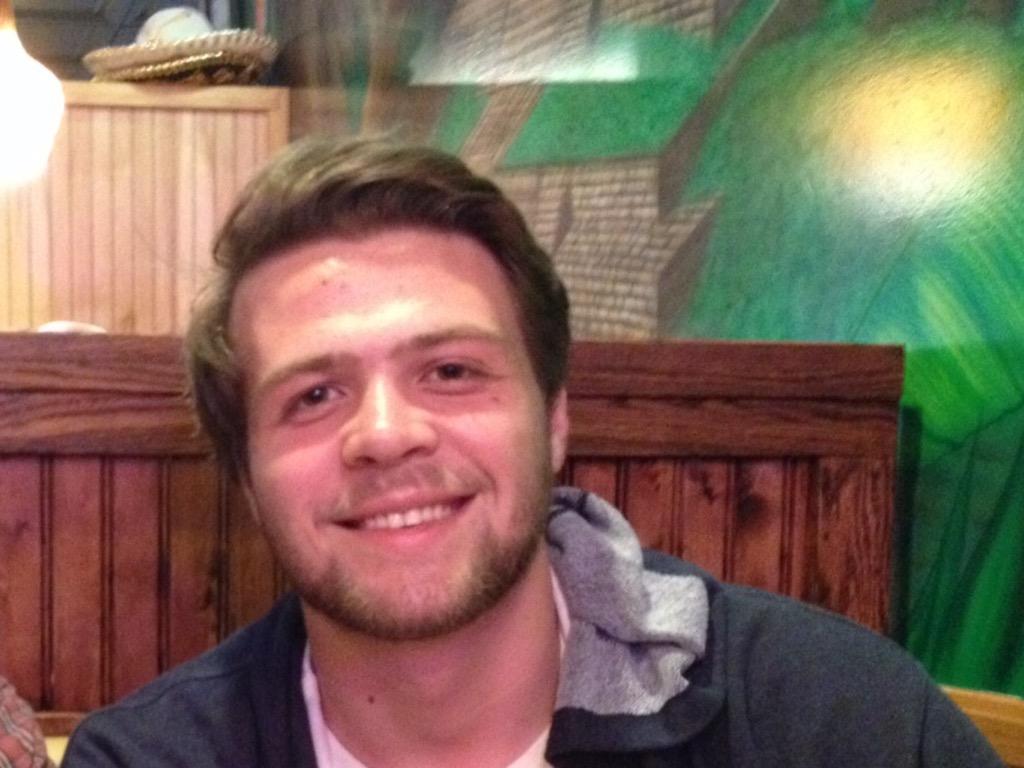
Wall found that autonomy and a community he lacked back at home, save for his skateboarding friends. Wall felt he was contributing to a sustainable and victimless livelihood that helped others while providing him a modest living.
The Northern California community was well aware it still faced potential dangers with violating state and federal laws. However, the Obama years and the Cole Memo gave some a slight sense that the Feds were finally coming around on federal decriminalization and eventual legalization.
Wall said operators in the area remained “naturally paranoid” during the period, still in fear of just one person tipping off the Feds. Still, he said the general consensus was that cannabis prosecution was “a 20th century invention finally existing solely in the past,” which wouldn’t cause the unfortunate damages it had for decades before.
He said sentiments began to change when President Donald Trump appointed two anti-cannabis Attorneys Generals during his term, first Jeff Sessions and then William Barr.
Federal intervention became a reality in 2019. Wall was made aware that he was the subject of a crackdown while on vacation with family in Portugal. It was during this time that he said he became aware of the severity of cannabis charges. “Everybody knows it’s federally illegal, but certainly not to that extent until the find themselves affected first-hand,” he stated.
Wall was worried he wouldn’t be allowed back into America without facing apprehension. After those fears were dashed, he first tried to get his affairs in order, but he found many in his trying opting to “cash-out” rather than support him.
Eventually, around autumn 2019, Wall left the U.S. for Central America. He would stay on the run until July 2020 before turning himself over to Feds at Los Angeles’ LAX airport. He would be shipped across the U.S. via bus and “Con-Air” flights, stopping at various prisons along the way, before reaching his current destination in Maryland. He said the journey is known as “diesel therapy.”
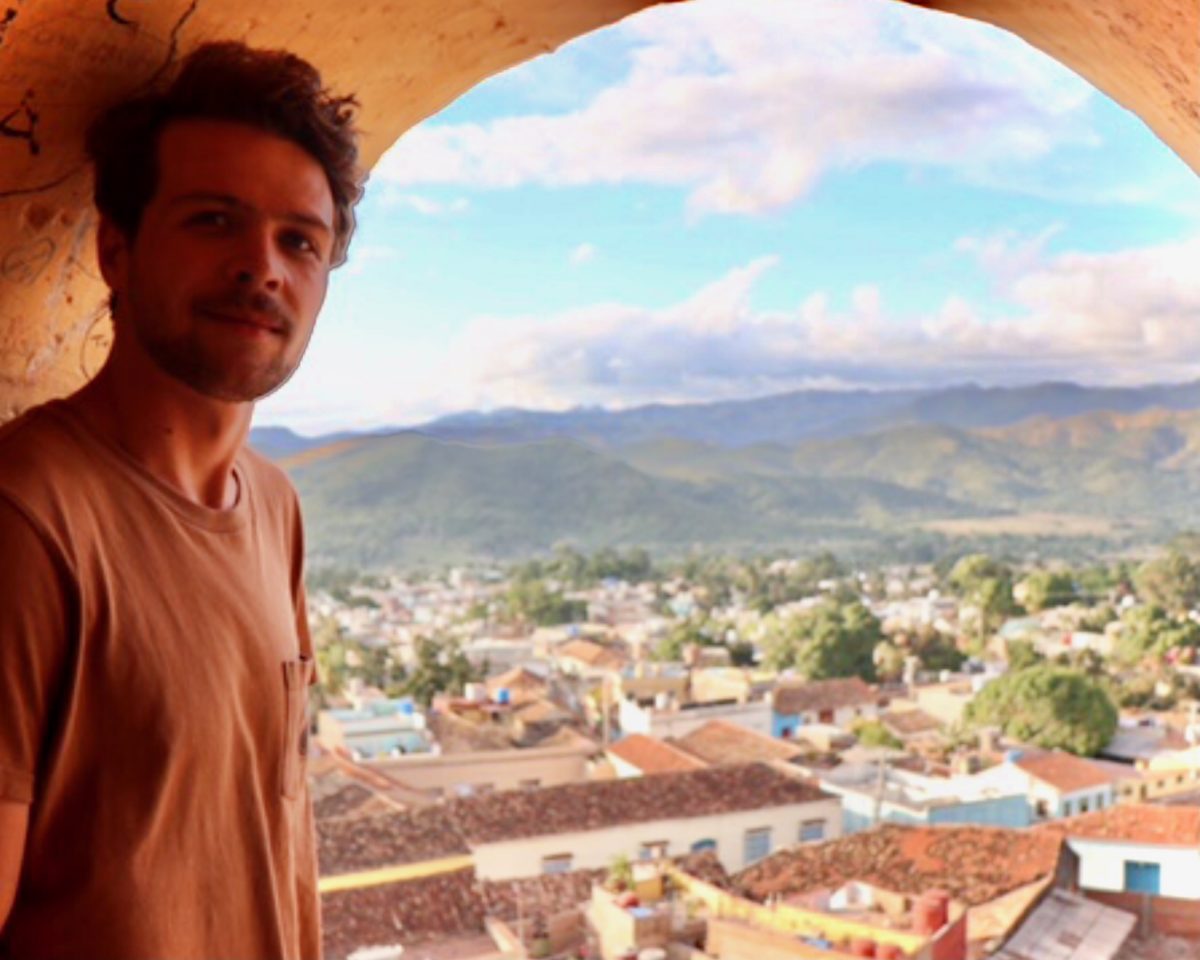
Wall, A First-Time Offender, Fights The Effects Of Prison, COVID-19
While Wall awaits his hearing on nonviolent federal cannabis charges, he is housed at the Chesapeake Detention Facility in Baltimore. The facility, known for its high level of violence, also endured significant exposure to the COVID-19 virus.
“This is no place you want to be,” said Wall, as he reported that stabbings occur regularly. He noted that one prisoner went so far as to have weaponized milk cartons with bodily waste against guards in an assault.
The experience has certainly created an impact on Wall, like it would almost anyone. He doesn’t consider himself institutionalized, but shared that “staying in a groove is essential to healthy adaptation.” To do so, he exercises regularly, reads often and tries to meditate for at least 20 minutes a day. A profound read has been Murray Rothbard’s The Ethics of Liberty. The book had a significance in developing his enthusiasm for Libertarianism social and economic structures. He also credited former cannabis convict turned author Richard Stratton for helping with his adjustment.
Life in the facility worsened when COVID-19 reached the prison, with Wall saying he didn’t know an inmate who didn’t contract the virus. He stated that his symptoms were minimal but remains slightly concerned about possible long-term effects. He alleges that the guards brought in the virus, saying, “It’s the only way it comes in here.” He added that instead of separating infected cellmates from other individuals, the guards would lock the door, not allowing either to leave for days at a time. He called the scenario a nightmare.
Preparing To Fight The Case
Wall waits for his May 2022 first appearance in court. “I will have been incarcerated for 23 months as a legally innocent individual by the time I have my first appearance in court,” said Wall, asking if that timeline adhered to a citizen’s right to a speedy trial.
It is oft-reported that prisoners face harsher sentences if they forgo a plea deal and fight their charges—often forcing many to take a plea regardless or guilt or innocence. Despite the risk, Wall is ready to have his day in court. Whether guilty or innocent, Wall abhors the idea of “surrendering by copping out,” to a plea. He considers doing so accepting defeat. “I’ve known from childhood that these people were wrong,” he said of regulators. He doesn’t believe in fate, but said the case almost feels like something he’s been preparing for some time.
He calls the drug war “the most historically flagrant violation of personal property rights by the state.” Asking who is the government to regulate what a citizen can consume, he added, “especially a natural plant, widely regarded as a holistic medicine.” Wall would later explain that alcohol, pharmaceuticals and shotguns as far more dangerous, readily available legal options.
Wall’s lawyer, Jason Flores-Williams, is a noted activist and is prepared to fight the case.
Flores-Williams isn’t shying away from grand language to drive home his point. “I don’t understand this country’s commitment to ideological necrophilia, the insistence on continuing to have sex with dead ideas,” he said of the ongoing drug war and its effects.
The lawyer added, “I do not intend to live with the distinction of being the last attorney to have his client go to prison for pot.”
Despite the attention being on Wall, he hopes readers understand that he is just one of many continuing to be arrested and forced to serve years, decades for nonviolent cannabis charges. Like himself, many continue to face lengthy prison sentences despite the so-called “Green Rush” of legalization sweeping America.
He believes that without change, others like him will continue to get snared in the system while the powerful continue to escape punishment for the various allegations and crimes. “Are we tired of being lied to, tired of all the lies and the War on Drugs?” Wall asked.

